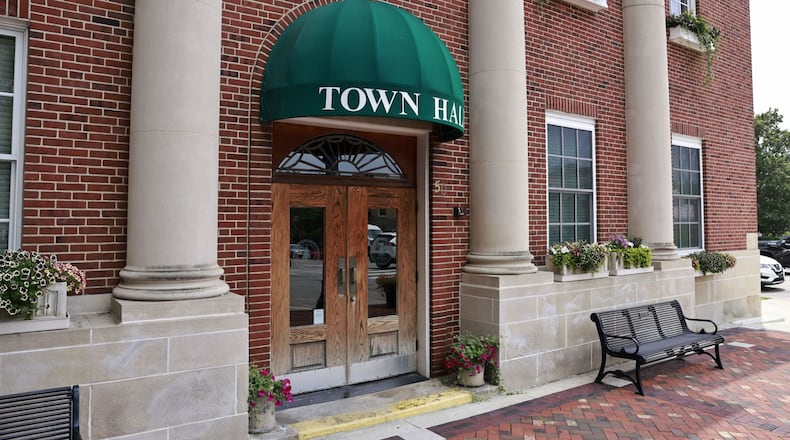City Planner Greg Orosz said in a report that structures which are left vacant for extended periods of time have been shown to breed crime, pose public safety risks, and reduce property values and the economic viability of the community in which they are found.
“The purpose of this chapter is to establish a program for identifying and registering vacant buildings; to determine the responsibilities of owners of vacant buildings and structures; and to provide incentives for the rehabilitation and productive use of vacant buildings,” Orosz said. " Shifting the cost or burden of the existence of vacant structures from the general citizenry to the owners of the buildings is an intended result of this chapter.”
According to the proposed regulations, it would require certain vacant buildings to register with the city and would have a registration fee that escalates the longer the building remains vacant.
In addition to the city having a means to identify and register vacant buildings, it enables the city to govern the responsibilities of these vacant property owners; and provide appropriate incentives for vacant buildings to be returned to productive use.
The proposal provides exceptions for properties being actively marketed for sale, or those properties that are under renovation.
An owner of a structure which meets the definition of a vacant building shall register such structure with the Community Development Department within 90 days of it becoming vacant or within 30 days of being notified.
A fee schedule would be established as a part of this program in order to provide appropriate incentives for owners of vacant buildings to care for them properly, seek to fill them, and in appropriate cases, demolish them. Annually increased fee amounts, which doubles each year are intended to increase pressure on the vacant building owner, absorb costs for possible demolition, hazard abatement of or repairs to vacant structures.
If an owner successfully restores the building to occupancy or demolishes the structure within the first 12 months, then the fee will be refunded, less an administrative fee of 5%.
The proposed regulations also contain an appeals process.
If Lebanon adopts the proposal, it would join Middletown, Hamilton, Xenia, Tipp City, Sidney, Trotwood, Beavercreek, and Springfield. The city of Dayton is considering a similar measure.
Council will vote on the proposal tonight at its meeting.
About the Author

